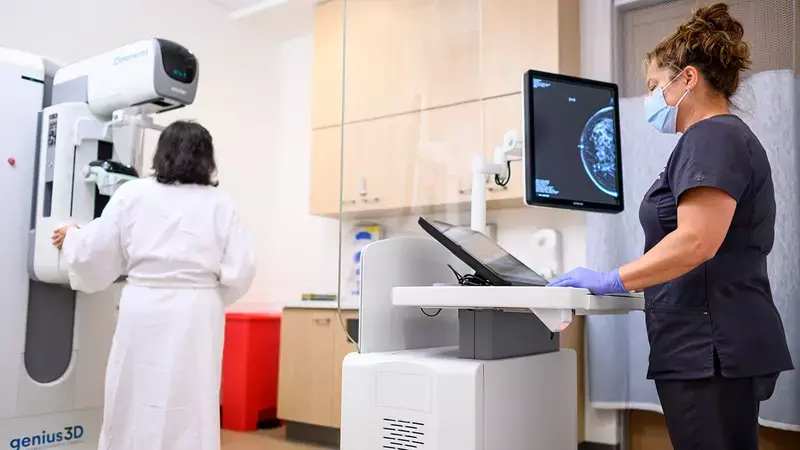- Home
- Medical news & Guidelines
- Anesthesiology
- Cardiology and CTVS
- Critical Care
- Dentistry
- Dermatology
- Diabetes and Endocrinology
- ENT
- Gastroenterology
- Medicine
- Nephrology
- Neurology
- Obstretics-Gynaecology
- Oncology
- Ophthalmology
- Orthopaedics
- Pediatrics-Neonatology
- Psychiatry
- Pulmonology
- Radiology
- Surgery
- Urology
- Laboratory Medicine
- Diet
- Nursing
- Paramedical
- Physiotherapy
- Health news
- Fact Check
- Bone Health Fact Check
- Brain Health Fact Check
- Cancer Related Fact Check
- Child Care Fact Check
- Dental and oral health fact check
- Diabetes and metabolic health fact check
- Diet and Nutrition Fact Check
- Eye and ENT Care Fact Check
- Fitness fact check
- Gut health fact check
- Heart health fact check
- Kidney health fact check
- Medical education fact check
- Men's health fact check
- Respiratory fact check
- Skin and hair care fact check
- Vaccine and Immunization fact check
- Women's health fact check
- AYUSH
- State News
- Andaman and Nicobar Islands
- Andhra Pradesh
- Arunachal Pradesh
- Assam
- Bihar
- Chandigarh
- Chattisgarh
- Dadra and Nagar Haveli
- Daman and Diu
- Delhi
- Goa
- Gujarat
- Haryana
- Himachal Pradesh
- Jammu & Kashmir
- Jharkhand
- Karnataka
- Kerala
- Ladakh
- Lakshadweep
- Madhya Pradesh
- Maharashtra
- Manipur
- Meghalaya
- Mizoram
- Nagaland
- Odisha
- Puducherry
- Punjab
- Rajasthan
- Sikkim
- Tamil Nadu
- Telangana
- Tripura
- Uttar Pradesh
- Uttrakhand
- West Bengal
- Medical Education
- Industry
Don't delay mammogram screening around COVID vaccination, recommends SBI

USA: Delaying screening mammograms around COVID-19 vaccinations are no longer recommended in a recent revision made by The Society of Breast Imaging (SBI). The recommendation is one of the several revisions that the society recently made for the management of axillary adenopathy in patients who recently received the vaccines.
Axillary adenopathy has been shown to be side effect of the COVID-19 vaccination, regardless of the brand used. Adenopathy presents itself on mammograms, leading to swollen lymph nodes and patient anxiety.
The revisions come following the publications of several position statements, opinion pieces, and single-institution retrospective articles over the past year. The experience of breast radiologists in diagnosing and managing adenopathy in patients played a part in its latest recommendations, the SBI said.
Previous guideline created in early 2021 by the committee recommended that women should schedule their mammograms before a first vaccine dose or four to six weeks following the second dose of a COVID-19 vaccine. Dr. Lars Grimm, chair of the SBI's patient care and delivery committee said the SBI created conservative guidelines previously due to how little was known about vaccine-related adenopathy screening mammography. The goal was to reduce unnecessary workups and biopsies.
However, recent research suggests that adenopathy for the Moderna COVID-19 presents itself two to four days after vaccination, with a median duration of one to two days. Other studies reported that axillary adenopathy was detected as early as one day and as late as 71 days following vaccination, but it could persist for up to 43 weeks.
"The initial presentation of radiologically detected adenopathy may be later and the duration is much longer than clinically detected adenopathy," SBI said.
Research also suggests that adenopathy occurs in the range of 2.4% and 35% of cases in women undergoing screening mammography and/or ultrasound.
Along with no longer recommending delaying mammograms around vaccinations, the society also advises the following:
· It may be appropriate to give patients a benign assessment if they present with unilateral axillary adenopathy on screening mammography, have no other suspicious mammographic findings, and had a recent COVID-19 vaccination in the ipsilateral arm.
· Practices should establish their own definition for a recent vaccination.
· Practices can add language to their report saying, "Axillary adenopathy is presumed related to recent vaccination but might require additional evaluation if there is no relevant vaccination history or the patient has an underlying known malignancy that could manifest with metastatic adenopathy."
· A follow-up interval of 12 or more weeks is recommended for patients going through short-term follow-up (BI-RADS category 3) for presumed vaccine-induced adenopathy following appropriate diagnostic workup.
· A benign assessment or additional follow-up six months after initial presentation should be considered for patients who were previously recommended for short-term follow-up and have improved, but still-present, axillary adenopathy. Additional follow-up six months after the initial presentation can be considered if adenopathy is unchanged (BI-RADS category 3). Lymph node sampling to exclude breast and non-breast malignancy can be considered if adenopathy increases.
The SBI also said practices should continue to collect information on COVID-19 vaccination status, including the date and side effects of vaccination on patient intake forms.
Grimm also said being upfront in communicating with patients can help reduce anxieties.
KEYWORDS: Society of Breast Imaging, mammograms, covid-19 vaccination, axillary adenopathy, screening, adenopathy, vaccine, covid-19, lymph nodes, Lars Grimm, breast radiologists, SBI
Dr Kamal Kant Kohli-MBBS, DTCD- a chest specialist with more than 30 years of practice and a flair for writing clinical articles, Dr Kamal Kant Kohli joined Medical Dialogues as a Chief Editor of Medical News. Besides writing articles, as an editor, he proofreads and verifies all the medical content published on Medical Dialogues including those coming from journals, studies,medical conferences,guidelines etc. Email: drkohli@medicaldialogues.in. Contact no. 011-43720751


